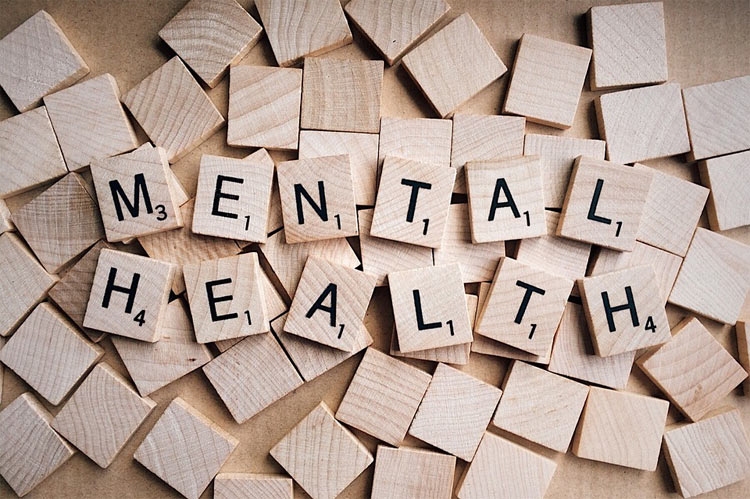Mental Health and Personal Growth For Women

Mental health: Though social stigma can make seeking help difficult, remember, you are not alone. Countless women face similar challenges, and open communication and seeking support are crucial steps towards healing. Women are twice as likely as men to experience depression and anxiety, partially due to biological factors, hormonal fluctuations, and societal pressures. Recognizing the unique challenges you face is the first step towards tackling them. Stressors like juggling motherhood, demanding careers, and societal expectations can weigh heavily.

Mental Health Toolkit:
Now, let’s delve into practical strategies to nurture your mental well-being:
- Embrace Self-Care: Prioritize activities that nourish your mind, body, and soul. This could include meditation, yoga, spending time in nature, indulging in hobbies, or simply taking a relaxing bath. Furthermore, regular exercise releases endorphins, natural mood boosters that combat stress and anxiety.
- Cultivate Strong Connections: Social isolation can exacerbate mental health challenges. Therefore, nurture supportive relationships with friends, family, or join a community group. Sharing your experiences and seeking a listening ear can make a world of difference.
- Seek Professional Help: Don’t hesitate to seek professional support if you’re struggling. Therapists and counselors can offer valuable guidance, coping mechanisms, and a safe space to process your emotions. Remember, seeking help is a sign of strength, not weakness.
- Challenge Negative Thoughts: We all have inner critics, but letting them take control can be detrimental. Practice mindfulness and cognitive-behavioral therapy (CBT) techniques to identify and challenge negative thought patterns. Additionally, reframe negative self-talk with positive affirmations about your strength and worth.
- Practice Gratitude: Cultivating an attitude of gratitude can significantly improve mental well-being. Start by keeping a gratitude journal, listing things you’re thankful for each day. Furthermore, expressing gratitude to others can strengthen relationships and foster positive emotions.
Read: Exercise – The Ultimate Power Play for Body & Mind
Beyond the Tools:
- Advocate for Yourself: Educate yourself about mental health and available resources. Speak up about your needs and advocate for yourself in personal and professional settings. Moreover, challenge societal stigmas surrounding mental health and encourage open conversations about well-being.
- Celebrate Small Victories: Don’t underestimate the power of small wins. Celebrate your progress, no matter how insignificant it may seem. Remember, positive reinforcement motivates you to stay on track and build your confidence.
- Embrace Imperfection: Striving for perfection can be paralyzing and detrimental to mental health. Instead, accept yourself with all your flaws and imperfections. Remember, you are worthy of love and happiness just as you are.
Remember: Taking charge of your mental health is a journey, not a destination. There will be ups and downs along the way, but with these tools and a supportive community, you can navigate the waves and build a life filled with resilience and emotional well-being.


